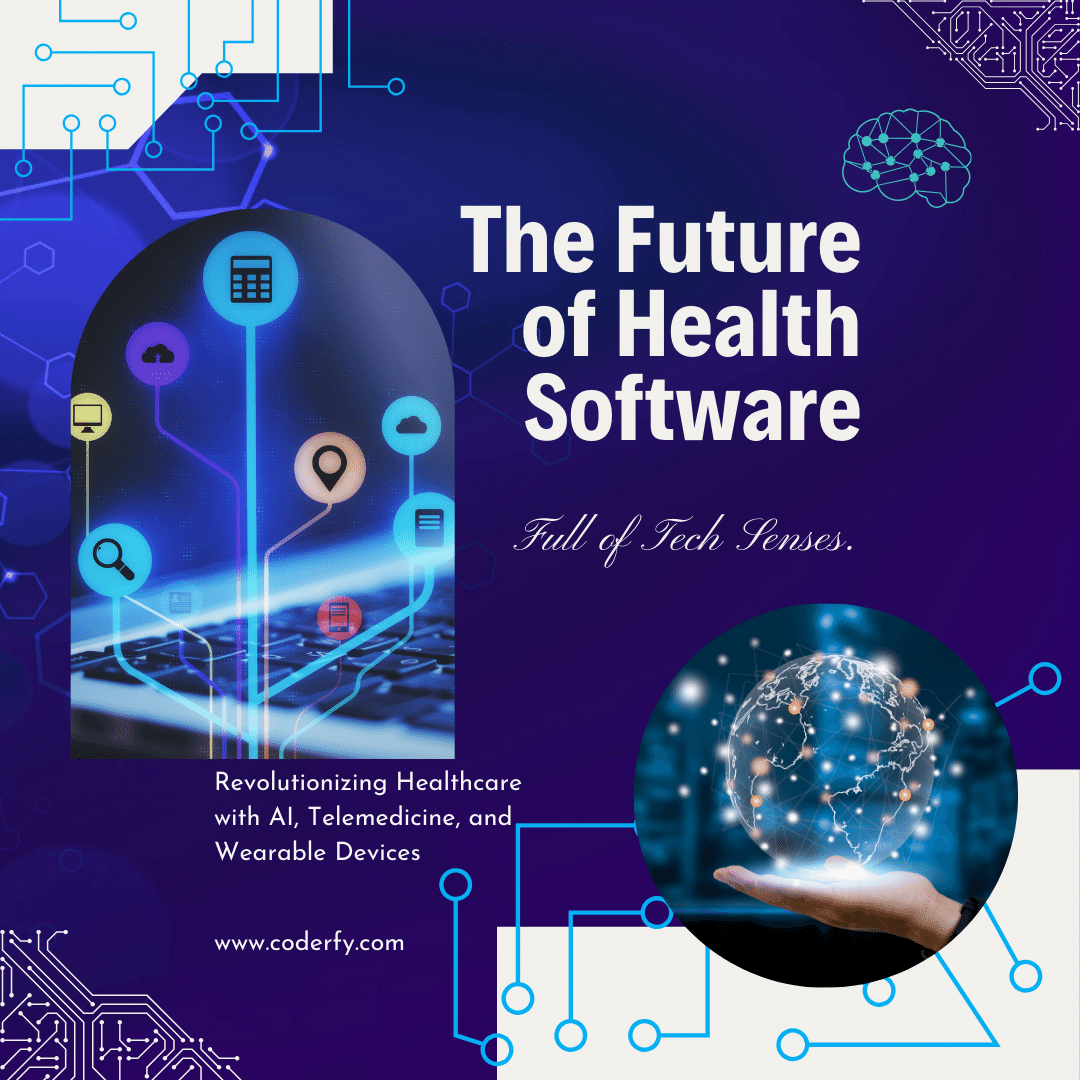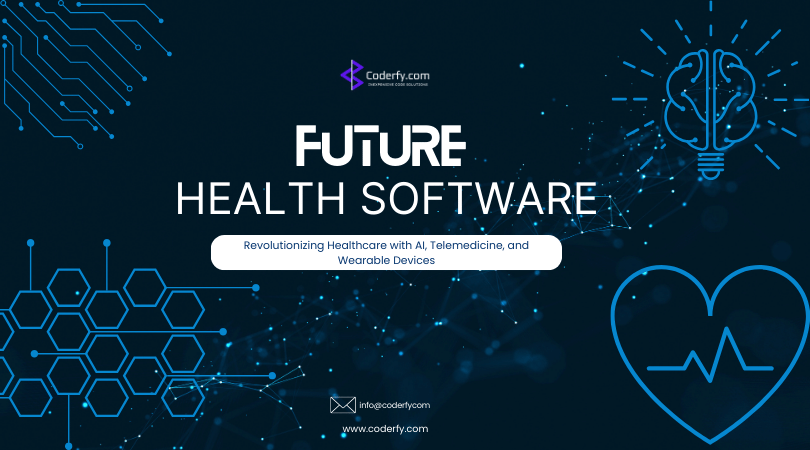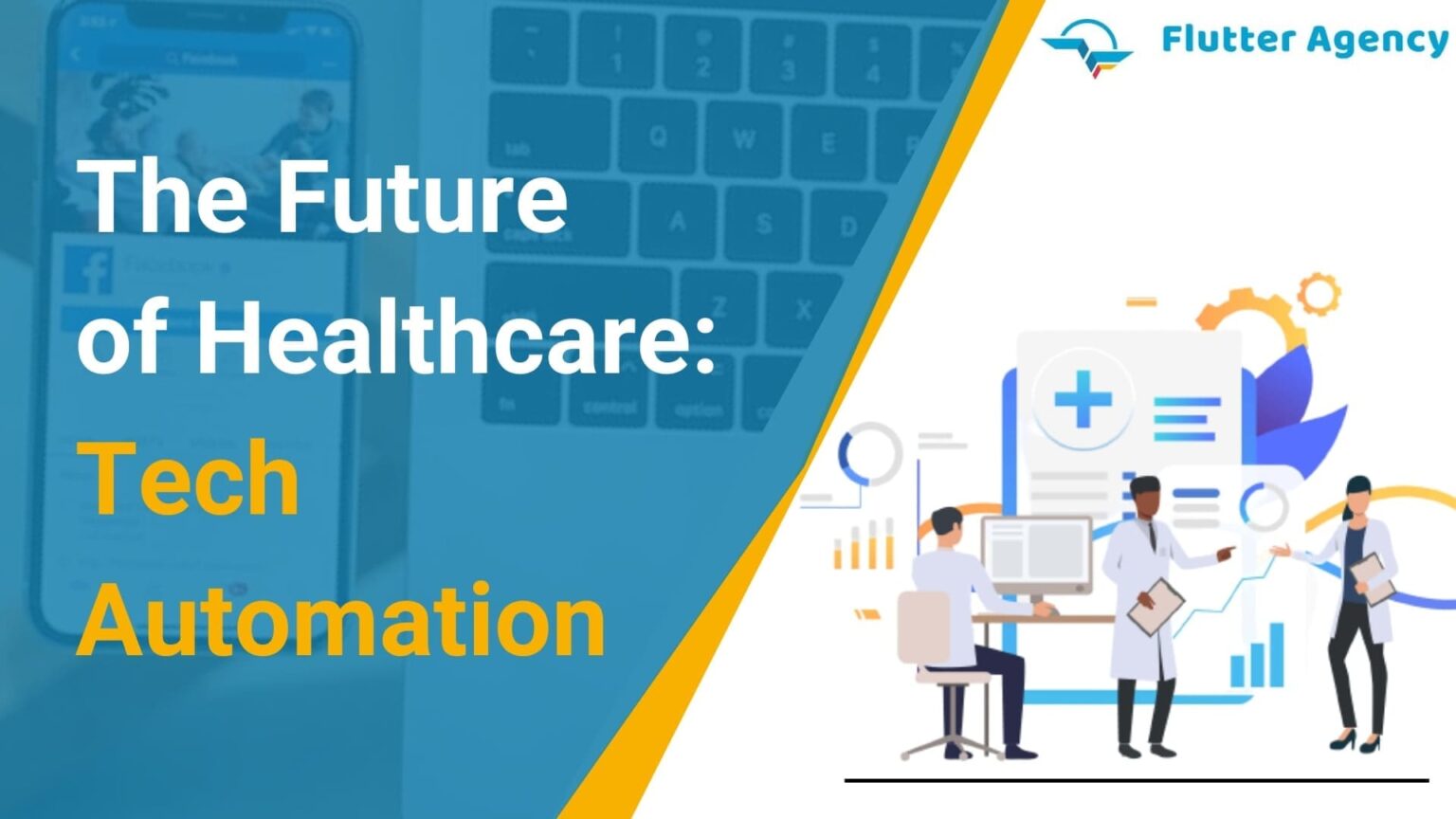Future health software is paving the way for a new era in healthcare, leveraging cutting-edge technology to enhance patient care, optimize outcomes, and improve overall efficiency in medical practices. From artificial intelligence to patient engagement tools, let’s explore the transformative power of future health software.
In the realm of healthcare, technology plays a pivotal role in shaping the future landscape of patient-centered care. As we delve deeper into the realm of future health software, a world of possibilities unfolds before us, promising innovation, efficiency, and improved healthcare outcomes for all.
Importance of Future Health Software
Future health software plays a crucial role in transforming healthcare by leveraging technology to improve patient care and outcomes, as well as enhancing the efficiency of medical practices.
Optimizing Patient Care
- Advanced software allows healthcare providers to access comprehensive patient data in real-time, leading to more informed decision-making.
- Integration of electronic health records (EHR) streamlines communication among healthcare teams, ensuring seamless coordination of care.
- Remote monitoring capabilities enable healthcare professionals to track patient progress outside of traditional clinical settings, enhancing preventive care.
Enhancing Efficiency
- Automation of administrative tasks reduces the burden on healthcare staff, allowing them to focus more on patient care.
- Data analytics tools help identify trends and patterns in patient populations, enabling targeted interventions and personalized treatment plans.
- Telemedicine platforms facilitate virtual consultations, improving access to care for patients in remote or underserved areas.
Key Features of Future Health Software

In the rapidly evolving landscape of healthcare technology, future health software plays a crucial role in revolutionizing patient care, improving efficiency, and enhancing outcomes. Let’s explore some key features that modern health software should possess to meet the demands of the future.
Integration of Electronic Health Records (EHR)
Electronic Health Records (EHR) are a fundamental aspect of future health software, allowing healthcare providers to access comprehensive patient information in real-time. By integrating EHR systems, healthcare professionals can make well-informed decisions, coordinate care effectively, and enhance patient safety.
Telehealth and Remote Monitoring Capabilities
Future health software should have robust telehealth and remote monitoring capabilities to enable virtual consultations, remote patient monitoring, and telemedicine services. This feature is particularly crucial in improving access to care, especially in remote or underserved areas.
Data Analytics and Predictive Modeling
The use of data analytics and predictive modeling in health software can provide valuable insights into patient populations, disease trends, and treatment outcomes. By leveraging artificial intelligence and machine learning algorithms, healthcare providers can identify high-risk patients, optimize treatment plans, and improve overall healthcare delivery.
Interoperability and Secure Communication
Interoperability is essential for future health software to ensure seamless communication and data exchange between different healthcare systems and providers. Secure communication features, such as encrypted messaging and secure file sharing, are crucial in protecting patient data and maintaining confidentiality.
Patient Engagement and Personalized Care
Future health software should prioritize patient engagement and personalized care by offering interactive tools, patient portals, and personalized health recommendations. By empowering patients to take an active role in their healthcare journey, health software can improve adherence to treatment plans and promote better health outcomes.
Real-time Decision Support and Clinical Alerts
Real-time decision support tools and clinical alerts integrated into health software can help healthcare providers make timely and informed decisions at the point of care. These features can alert providers to potential drug interactions, allergy warnings, or critical lab results, enhancing patient safety and quality of care.
Data Security in Future Health Software

Data security in future health software is of utmost importance to safeguard patient information and maintain confidentiality. With the increasing use of digital platforms in healthcare, robust measures need to be in place to protect sensitive data from cyber threats and breaches.
Encryption Techniques
Encryption plays a crucial role in securing patient data in health software. By converting data into a coded format that can only be accessed with the right decryption key, encryption ensures that information remains confidential even if intercepted by unauthorized parties. Advanced encryption standards such as AES (Advanced Encryption Standard) are commonly used to protect data at rest and in transit.
Authentication Methods
Authentication techniques are vital in ensuring that only authorized individuals can access patient information within health software. Multi-factor authentication, biometric authentication, and strong password policies are commonly used to verify the identity of users and prevent unauthorized access. By implementing these methods, future health software can enhance security and reduce the risk of data breaches.
Mitigating Risks of Data Breaches
Future health software can mitigate the risks of data breaches by implementing comprehensive security protocols. This includes regular security audits, data encryption, access controls, and employee training on cybersecurity best practices. By staying vigilant and proactive in addressing potential vulnerabilities, healthcare organizations can better protect patient data and maintain trust in their services.
Patient Engagement and Empowerment

Patient engagement and empowerment play a crucial role in ensuring effective healthcare delivery. Future health software has the potential to significantly enhance patient involvement in their own care, leading to better health outcomes and overall satisfaction.
Role of Telemedicine and Remote Monitoring
Telemedicine and remote monitoring are key components of future health software that can revolutionize patient care. These technologies enable healthcare providers to connect with patients virtually, allowing for timely consultations, monitoring of vital signs, and management of chronic conditions from the comfort of the patient’s home.
- Telemedicine ensures convenient access to healthcare services, especially for individuals in remote areas or with mobility limitations.
- Remote monitoring allows healthcare providers to track patient progress in real-time, adjust treatment plans accordingly, and intervene promptly in case of any issues.
- These tools promote proactive healthcare management, leading to early detection of potential health issues and better disease management.
Interactive Features for Patient Involvement, Future health software
Future health software often includes interactive features that empower patients to take an active role in their healthcare journey. These features are designed to educate, motivate, and engage patients in making informed decisions about their health.
- Personalized Health Dashboards: Patients can view their health data, set goals, and track progress towards achieving better health outcomes.
- Secure Messaging: Patients can communicate with their healthcare providers, ask questions, and receive timely responses without the need for an in-person visit.
- Health Education Resources: Access to educational materials, videos, and interactive tools helps patients understand their conditions and treatment options better.
- Appointment Scheduling: Patients can easily book appointments, set reminders, and manage their healthcare appointments conveniently through the software.
Last Point
In conclusion, future health software stands as a beacon of hope in revolutionizing the healthcare industry. With its emphasis on data security, patient empowerment, and cutting-edge features, the future of healthcare looks brighter and more promising than ever before. Embrace the future of health software and unlock the full potential of modern healthcare.
